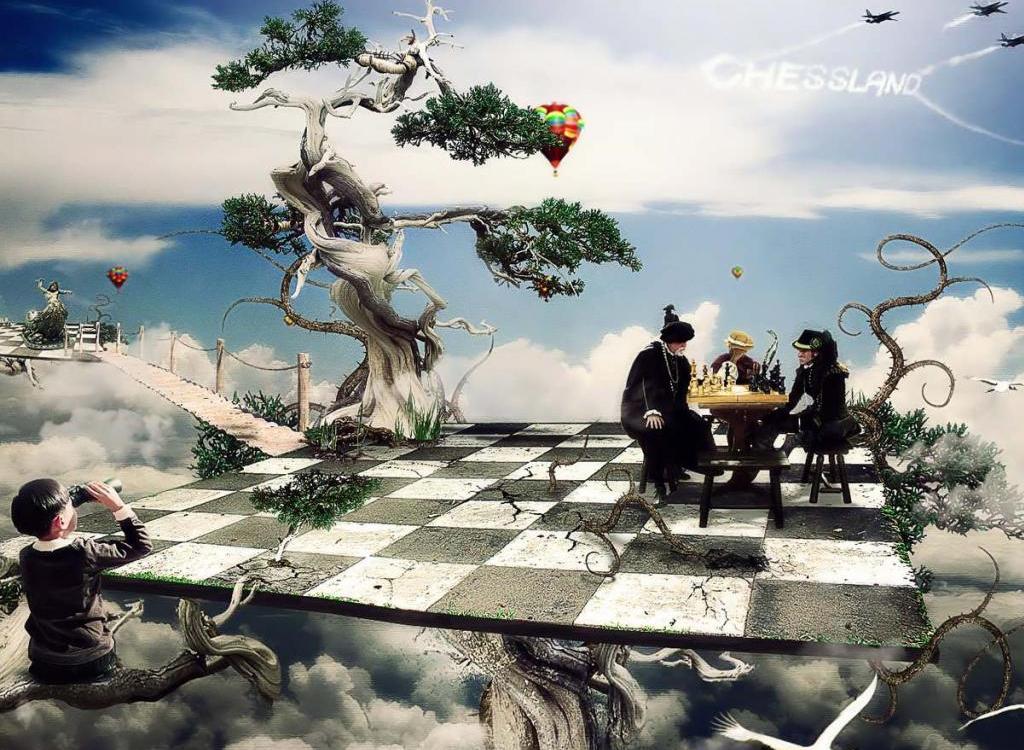
The Fascinating History of Chess
Introduction:
Chess, the age-old game of strategy, holds a captivating allure that transcends borders, cultures, and time itself. Its origins can be traced back over a millennium, making it one of the most enduring and revered games in human history. As we delve into the enthralling past of chess, we will unravel its evolution, cultural significance, and enduring legacy.
1. Origins: The Ancient Beginnings
The origins of chess can be traced back to the 6th century, evolving from earlier board games in India and Persia. Initially known as "Chaturanga," it represented a battle between four divisions of the Indian army: infantry, cavalry, elephants, and chariots. From there, the game traveled along the Silk Road, spreading its influence to the Middle East and later to Europe.
2. The Medieval Evolution:
Chess underwent significant changes during the medieval period. In the 9th century, Islamic scholars introduced new rules and strategies that transformed the game. This modified version, known as "Shatranj," gained popularity in the Islamic world and eventually reached Europe through the Moorish conquest of Spain. During this time, chess became associated with noble virtues, intellectual prowess, and the courtly culture of the Middle Ages.
3. Renaissance and the Modernization of Chess:
The Renaissance period witnessed a surge of interest in chess, with notable figures such as Leonardo da Vinci and King Henry VIII passionately indulging in the game. The era saw crucial innovations, including the introduction of the queen as the most powerful piece, a shift that revolutionized the dynamics and strategic depth of chess. This development gave birth to the modern version of chess that we play today.
4. Global Expansion:
With the advent of colonization and globalization, chess began to reach new shores. It found fertile ground in Russia, where it became a deeply ingrained aspect of the country's culture. The Russian dominance in chess started with Alexander Alekhine, continued through the reign of Mikhail Botvinnik and Anatoly Karpov, and reached its pinnacle with the legendary Garry Kasparov. The spread of chess to other parts of the world saw the emergence of formidable players from different continents, contributing to the game's rich diversity.
5. The Age of Computers and Competitive Chess:
The late 20th century marked a turning point in chess history with the rise of computer chess. In 1997, IBM's Deep Blue defeated the reigning world chess champion, Garry Kasparov, in a historic match. This event ignited a new era, where humans and computers engaged in an ever-evolving battle for chess supremacy. Today, chess programs have become immensely powerful, aiding players in analyzing positions and refining their skills.
6. Chess in Popular Culture:
Chess has made its mark on popular culture in various ways. It has been portrayed in literature, such as in the works of Lewis Carroll, where the game is central to the story. Films like "Searching for Bobby Fischer" and "Queen of Katwe" have also brought chess to the silver screen, showcasing its emotional and intellectual dimensions. Moreover, the rise of online platforms and streaming services has contributed to the accessibility and popularity of chess among wider audiences.
Conclusion:
The history of chess is an intricate tapestry that spans centuries and continents, reflecting the ingenuity and strategic acumen of humanity. From its humble beginnings in ancient India to its modern-day status as an intellectual pursuit and sport, chess has continually evolved, capturing the hearts and minds of millions. As we move forward, chess continues to thrive, embracing technological advancements and fostering a sense of community among players worldwide. So, whether you're a grandmaster or a novice, the allure of chess persists, beckoning us to engage in this timeless battle of wits.